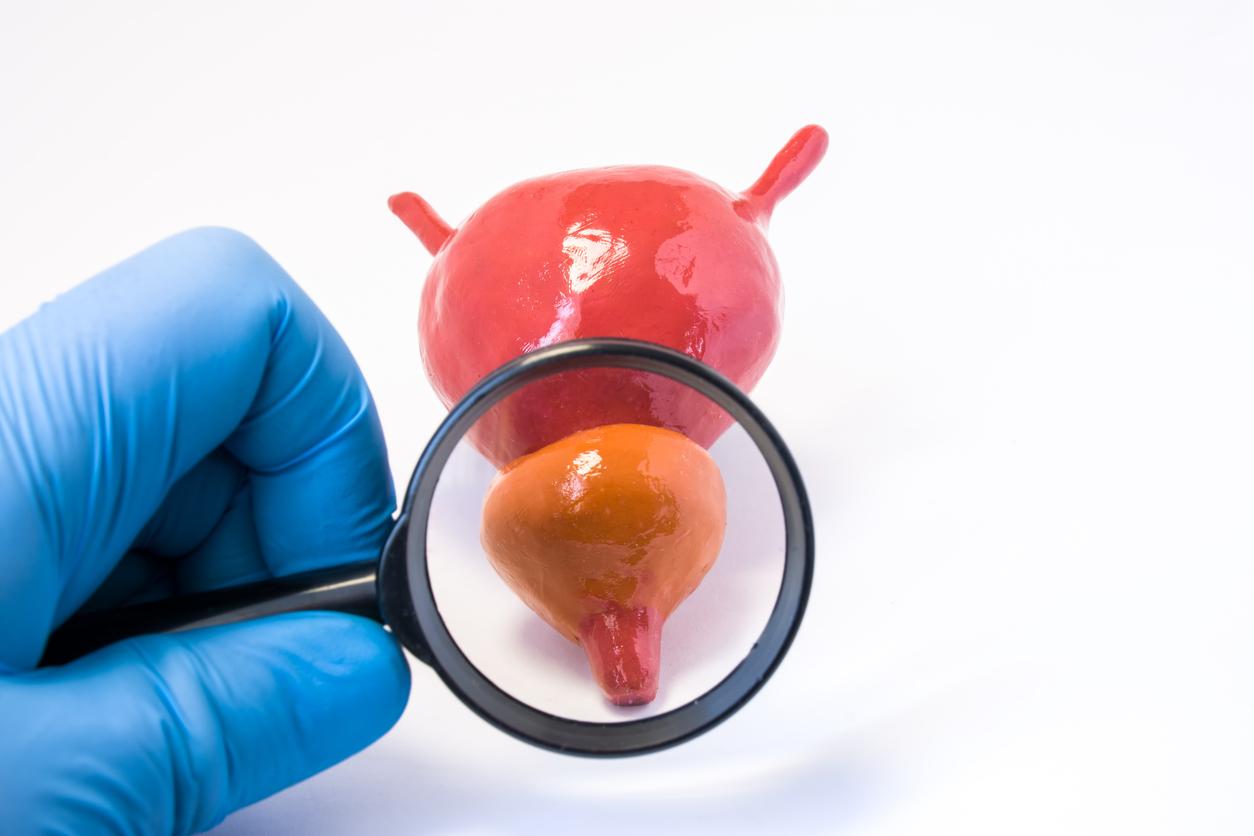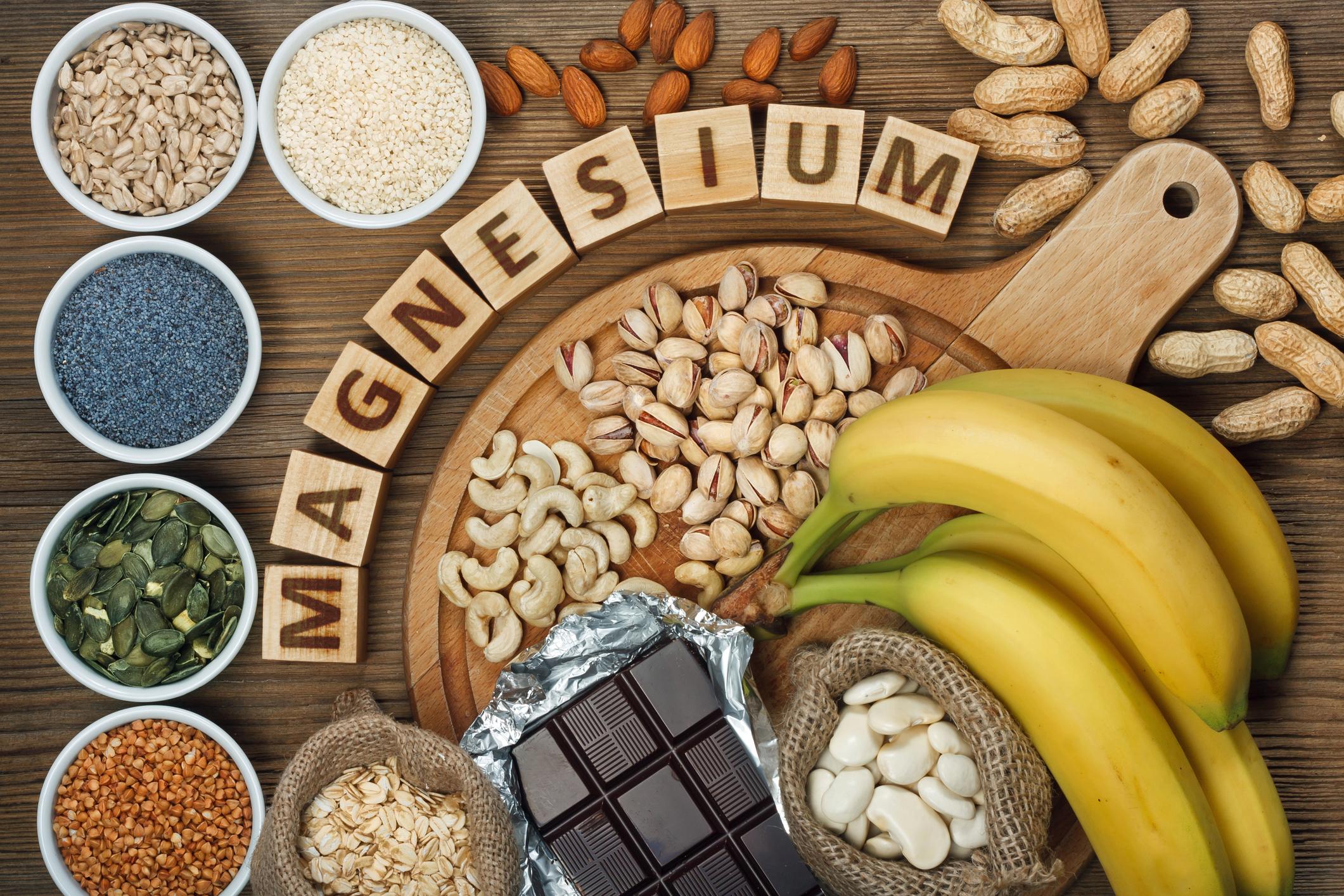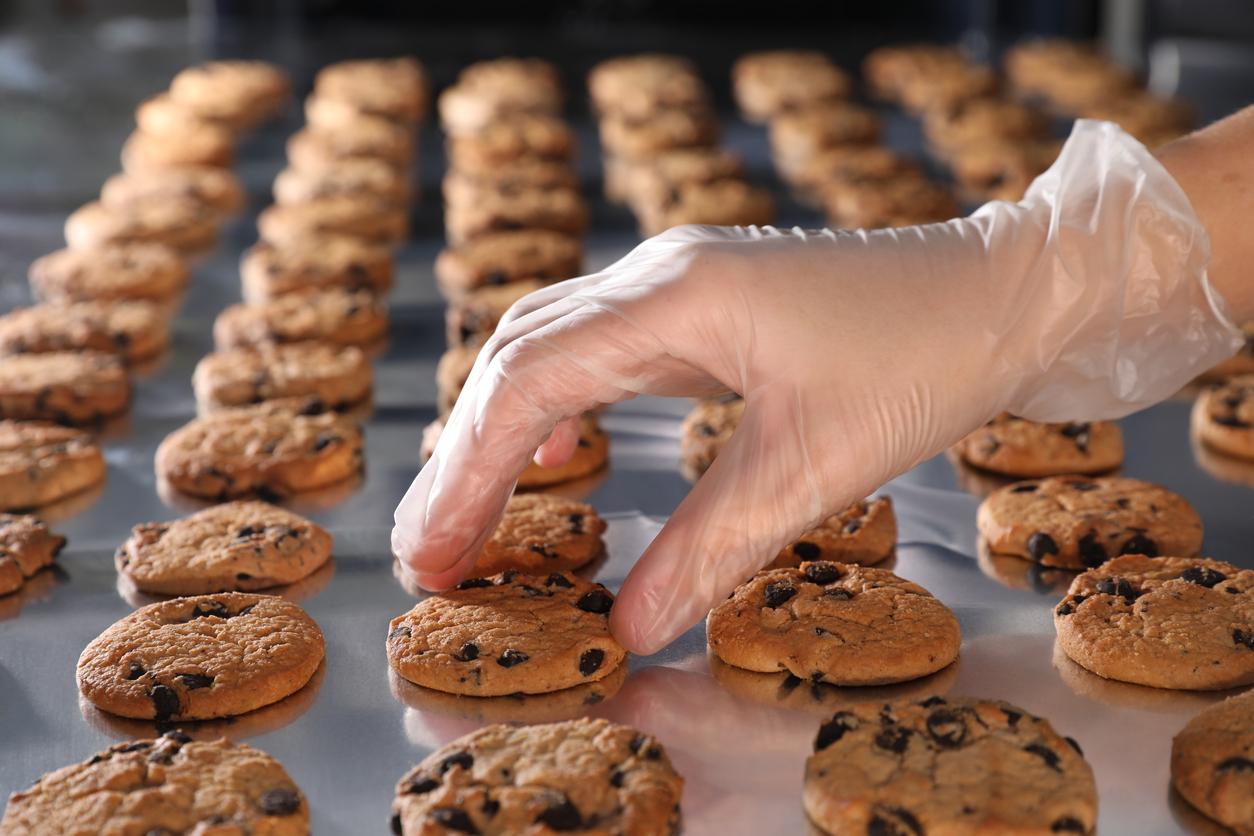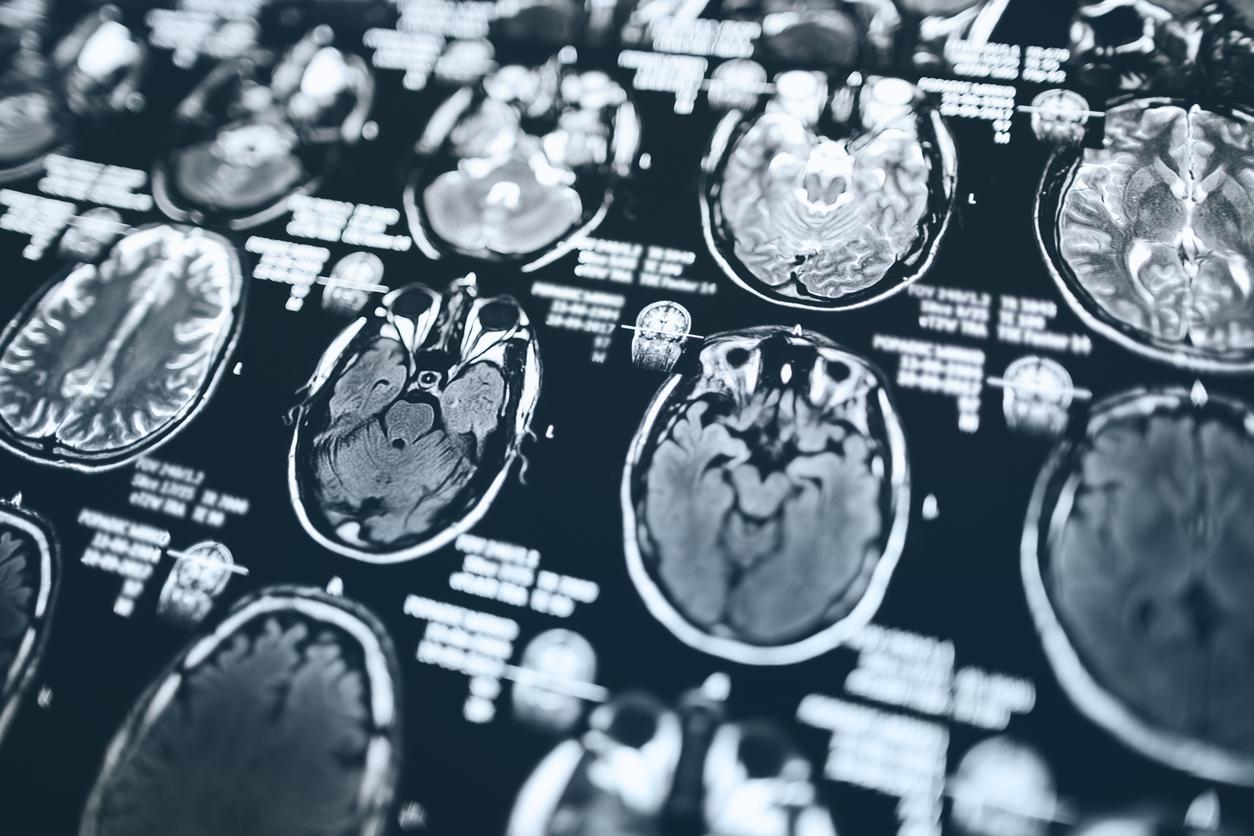With epigenetics, medicine enters a new dimension. How will epigenetics change our lives? For example, in pancreatic cancer.

Is the world in the process of freeing itself from the genetic shackles and undermining the Darwinian world? This is suggested by a fairly recent discovery, epigenetics.
Our genes are not modifiable only by a slow evolution of the man during the centuries, but also by the environment, and this evolution is done by small keys, on the scale of a life, and especially, these modifications are transmitted.
Which also means that the genetic “fatality” no longer applies and that we are all conductors of our lives, of our changes and of our balance.
22,000 genes
Remember that we have 22,000 genes. The decoding of the genome showed that these genes occupy only 2% of our genome. We spoke at the beginning of junk DNA. Science is always pretentious when it does not understand. But these 98% are essential. Genes are effectors, the rest is regulation.
Without falling into the caricatural, we can compare the chromosome to a Christmas wreath comprising thousands of bulbs that are the genes and tens of thousands of switches. Geneticists have learned about light bulbs, now it remains to find out what switches on or off.
Epigenetics modifies the genes in a minute way and in a personal way.
For example, it is likely that all environmental factors have a role, which explains why these changes are found in the genes of an entire exposed population, but important events have their role. Thus, we have proven the power of epigenetics in the offspring of survivors of great famines, but also that of survivors of September 11 in New York… Which is an explanation of the genetic diversity between individuals of the same community. .
transmittable
Another particularity is that these modifications are transferable, from the next generation and for all generations to come.
Epigenetics probably controls the expression of our genes. We know how to find pathological mutations, and there is still a lot of work to be done. But practical applications are already underway in hundreds of laboratories specializing in this new discipline. An example: the quality of milk depends on several hundred genes… This is an important issue for the future food of the planet, however, it will take time and thousands of experiments to find the right setting. This will perhaps leave enough time to define the ethical rules that this research will not fail to create.
Because it is one of the deadliest cancers, pancreatic cancer is the focus of much research. One of the latest to date demonstrated that manipulating the epigenome of pancreatic cancers could transform a resistant tumor into a tumor sensitive to treatment, and cure it.















